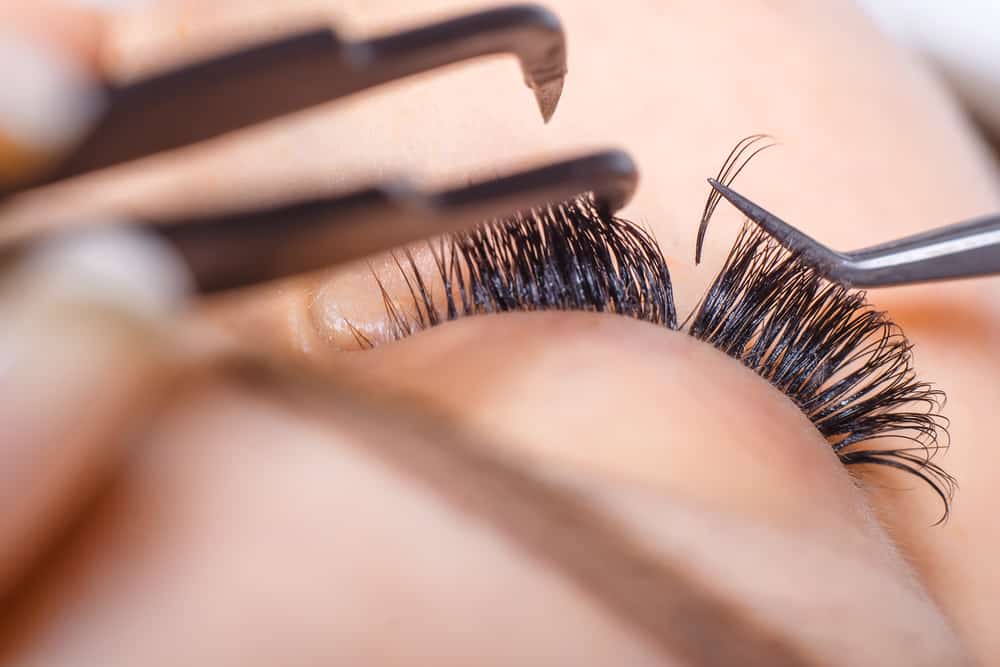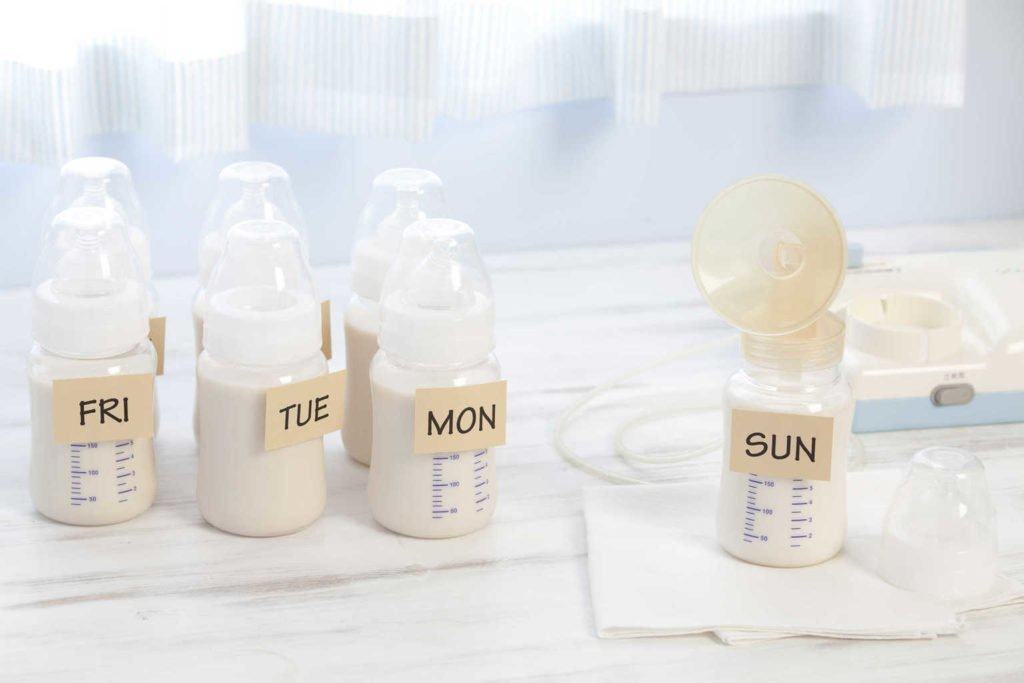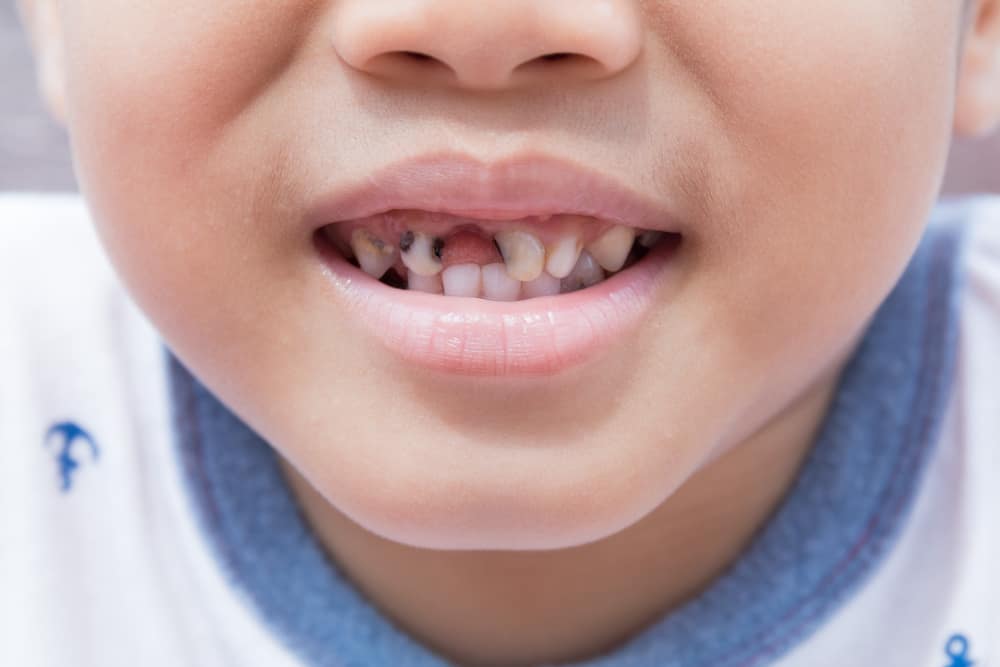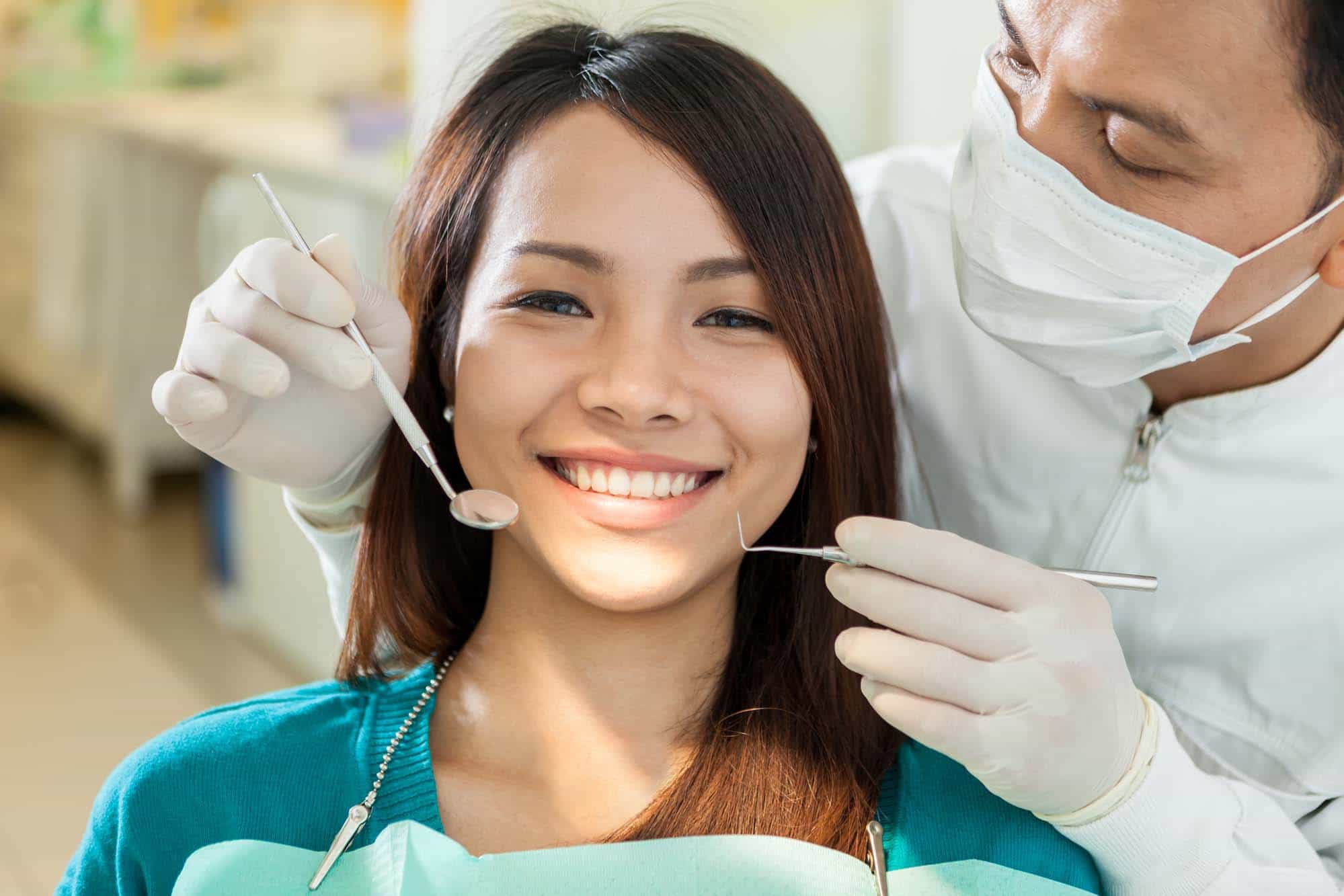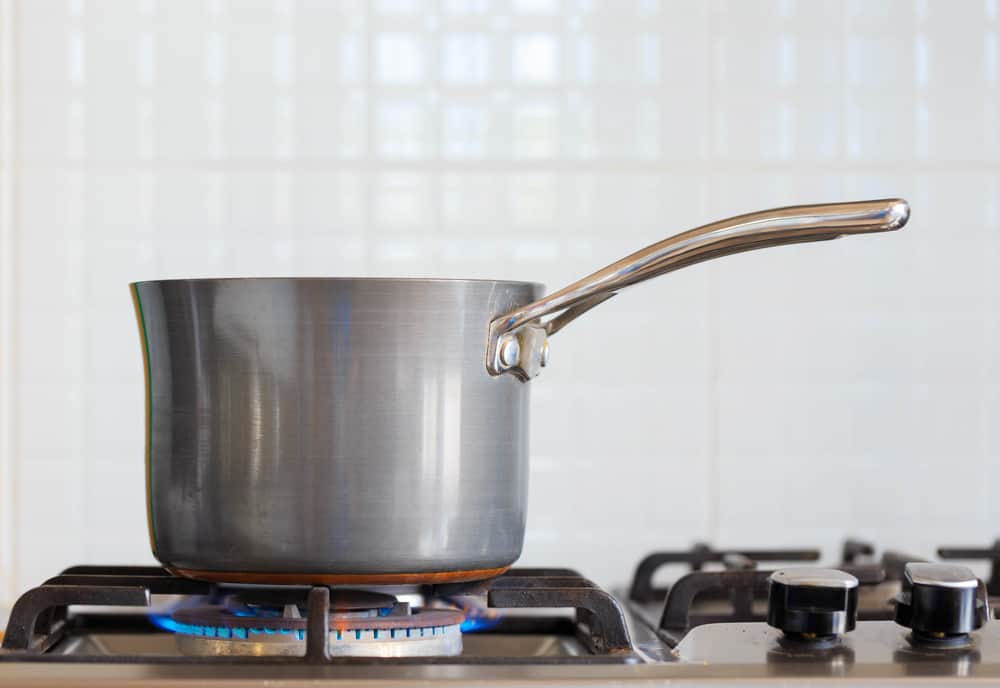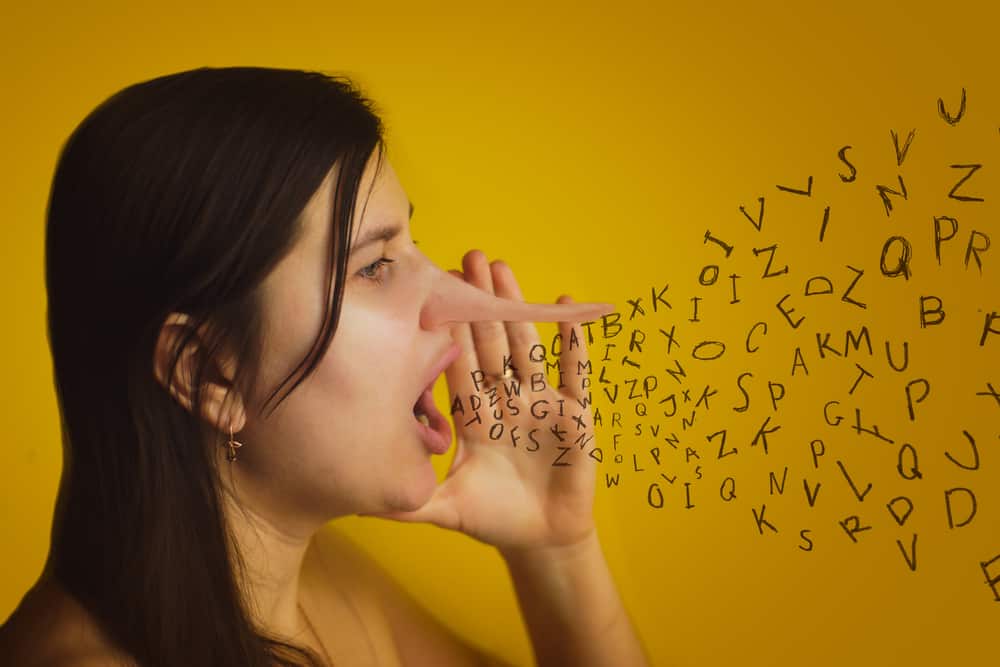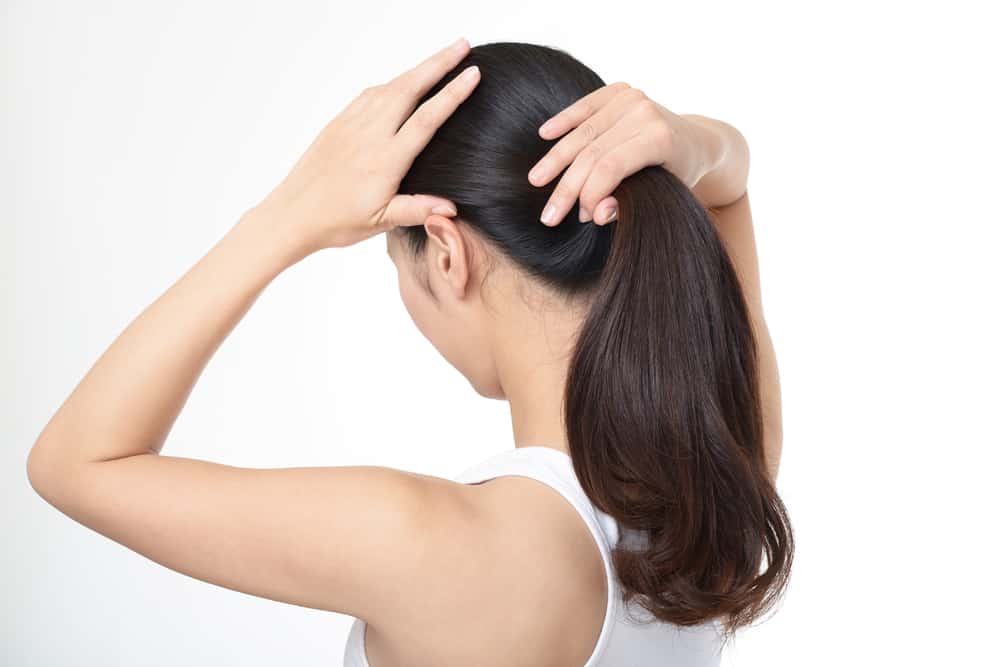Contents:
Medical Video: Radiation Therapy of the Breast or Chest-wall: Acute side effects and self-care recommendations
Here are things you can do to make your skin less sensitive during radiation therapy and return to normal after radiation treatment is complete.
Avoid irritation before and after daily treatment by:
- Use loose clothing, better cotton
- Bathe with warm water, not hot water
- Avoid showering directly into the breast
- Avoid harsh soaps that use perfumes; use moisturizing but fragrance-free soap
To prevent redness and irritation, avoid contact with skin. This often happens when:
- The arm presses the armpit and the outside of the breast
- In the folds of the lower breast, where the breasts go down slightly and hit the upper abdominal wall
- In the hemisphere where the chest presses against each other
To avoid it:
- Keep your arms from your body as much as possible
- Use a strong bra without wires to keep the breasts separate and lifted
- If you have large breasts, when not using a bra, use a soft cloth or flannel or fine cotton under the breast
- Sprinkle the breast area and fold the body with cornstarch to absorb moisture, reduce friction and keep the smell fresh. You can use baby powder from corn flour (don't use talc) or starch in the kitchen. Use nylon makeup brushes or thick socks and tie the ends. Gently pat on the skin. If the doctor recommends using a cream or ointment, use it first, then apply corn flour to the area.
- With or without radiation, fungal infections often occur in the folds of skin under the breasts, especially during warm weather in large breasted women. Signs of fungal infections are redness, itching and white patches on the skin. If you have a fungal infection, heal first before the radiation starts. Anti-fungal cream (medicine athlete's foot) usually works well.
Here's how to treat irritation during and after radiation:
- At the beginning of treatment, before you have any side effects, moisturize the skin after your treatment every day with an ointment. You can also apply it at night, use an old shirt so that the ointment does not hit the bed.
- For mild, itchy and sore redness, apply aloe vera or 1% hydrocortisone cream (available at pharmacies). Apply the cream thinly to the area 3 times a day.
- If the area becomes red, itchy, painful and sore, a low-dose cream is no longer effective in relieving your symptoms. Have a stronger steroid cream doctor available by prescription, such as 2.5% hydrocortisone cream and bethamethasone.
- Some people feel relieved by aerating the area with a hair dryer that is set to be "cool" (without heat)
- Do not use a bra if there is a blister area
- If your skin becomes dry and peels during treatment, moisturize regularly and gently clean the skin
- If it appears blister aka blisters that are bubbling and filled with liquid on the skin, just leave it alone. Bubbles keep the area clean when new skin grows. If blister broken, exposed area can be painful. Keep the area dry and clean it with warm water only. Dry the area and use NON-ADHERENT dressings, such as Xeroform or "second skin" dressings. To relieve discomfort, use an over-the-counter pain reliever or ask a doctor for a prescription.
What about sun exposure during radiation therapy?
- During radiation therapy, avoid the area concerned from the sun
- When swimming, use swimsuits with a high neckline
- Use a cover when you are not in water
- Use a loose cotton shirt to cover the area and let it breathe
- Avoid chlorine. Chlorine is very drying and can make the skin reaction worse.
- If you swim in the pool, apply petroleum jelly to the area to avoid water that has chlorine on the skin.
- After radiation therapy is complete, the area that has been exposed to radiation can be more sensitive to the sun than before. You can get out, but protect your skin.
- Use sunscreen with SPF 30 or more in the area (sunscreen that is strong for every part of the body)
- Use sunscreen 30 minutes before you are exposed to sunlight
- Reuse the sunscreen every few hours and after you get out of the water
Hello Health Group does not provide medical advice, diagnosis or treatment.
Skin Care Tips for Breast Cancer Patients Undergoing Radiation Treatment
Rated 5/5
based on 1263 reviews


